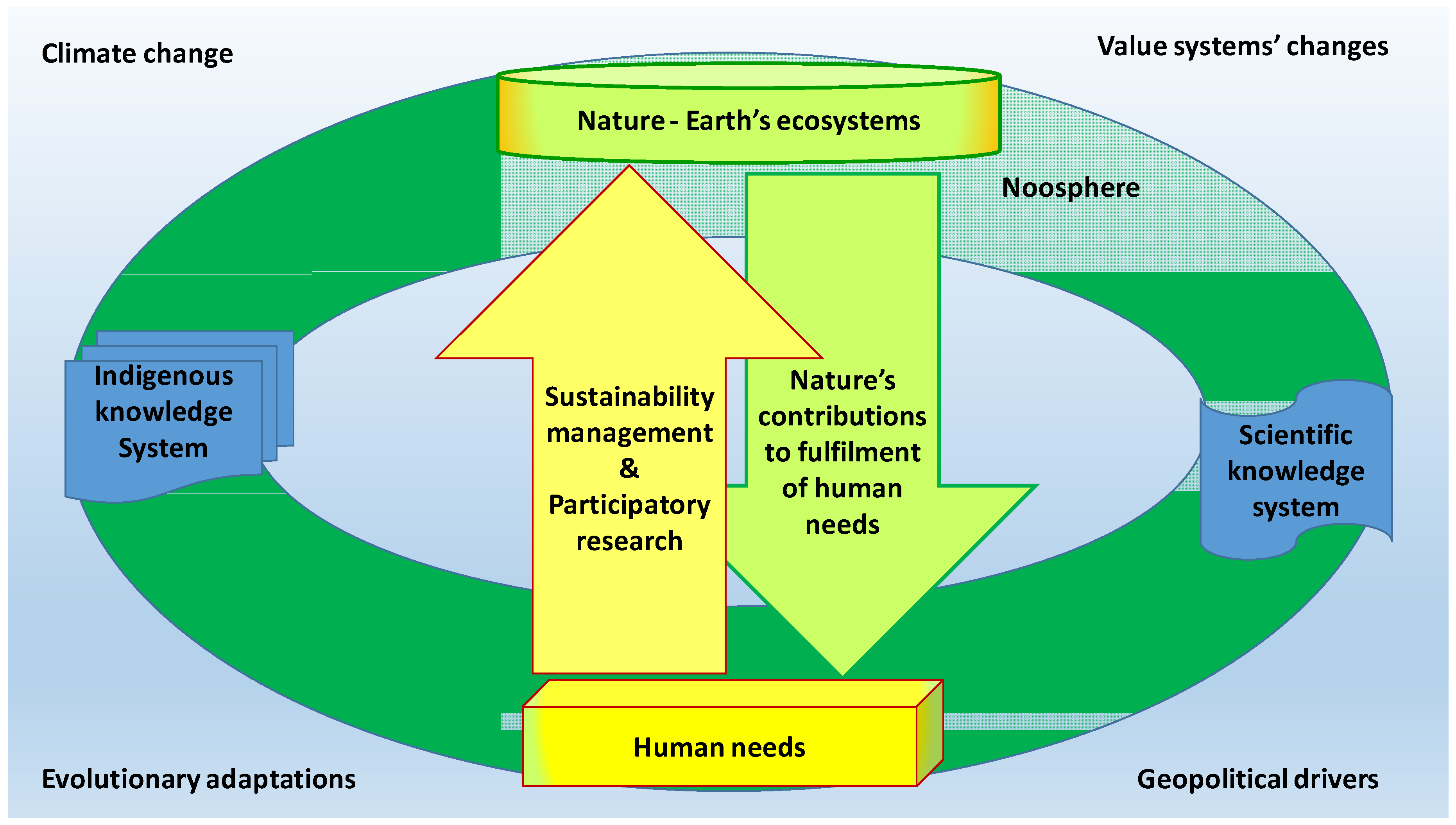Voices of Indigenous Peoples – COP26
COP 26 discussed many different techniques that can be used to enhance human life as well as combat climate change. These discussions were often led by leaders of nations, corporations, NGOs and other activist groups. The topics that were touched on ranged from human health to the oceans to the stop of deforestation by 2030. A key voice that should be present in these topics is the voice of indigenous peoples. Indigenous peoples are vital to creating strategies that will help agriculture to continue producing the food necessary while reducing emissions from the agriculture sector. Indigenous peoples have knowledge about what the native foods are, as well as what local crops are not being used. They also have practices that are typically less damaging to the environment.
COP 26 had themed days such as finance, energy, mitigation, and youth empowerment., However, there was not a day that was focused on indigenous peoples and how they can help with the climate crisis. Indigenous peoples were mentioned briefly in some of the main events during COP 26 but most groups had their own side events with some media coverage. In these side events, the indigenous people from all regions of the globe discussed what they would like to see happen at COP and what they want to see implemented moving forward. There were difficulties in many of the sessions. In some, a translator had not been provided so one from the audience volunteered or you simple would not understand. These sessions were not well attended either so one wonders if these people are given a space at the table that they deserve.

During their sessions many of the indigenous groups all had similar messages. They are asking to be involved in all the processes that go in to combating climate change and ensuring food security. Currently, indigenous peoples are involved at the implementing practices and their expertise and knowledge is not being used to create strategies that can better help the environment and combat climate change. They stated that they had been working the land much longer and have valuable knowledge to contribute to creating a sound strategy for climate change mitigation in the regions that they are from.

There are several ways that the climate change community can move forward. The first way is for researchers to make sure that they are including indigenous peoples in their research from start to finish. A great way to do this is to learn about the local indigenous culture when first beginning the research project and then getting help from the local community throughout the project. This will help the researcher find methods that they may not have seen before and it will help the indigenous people have more trust in the scientist that come to their regions. Another way to move forward is to allow more full participation in conferences like COP26. Indigenous peoples should be in the main events and should have access to the policy makers.
References/Sources
Rewatch COP 26 Sessions